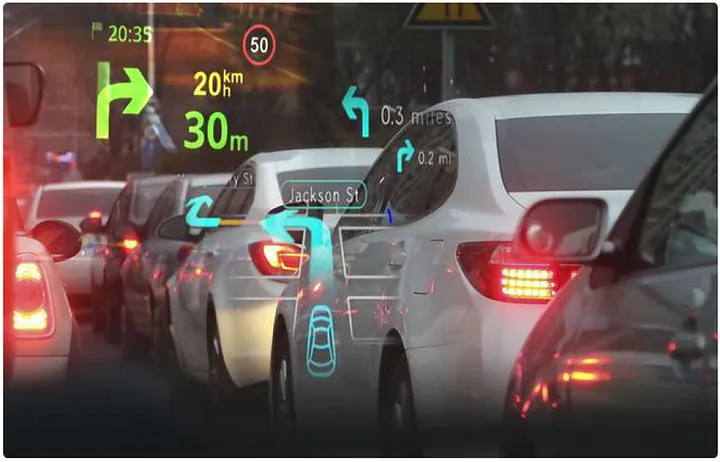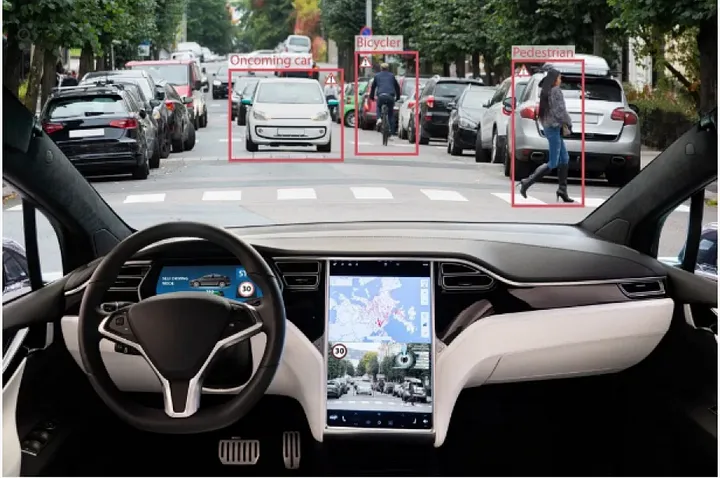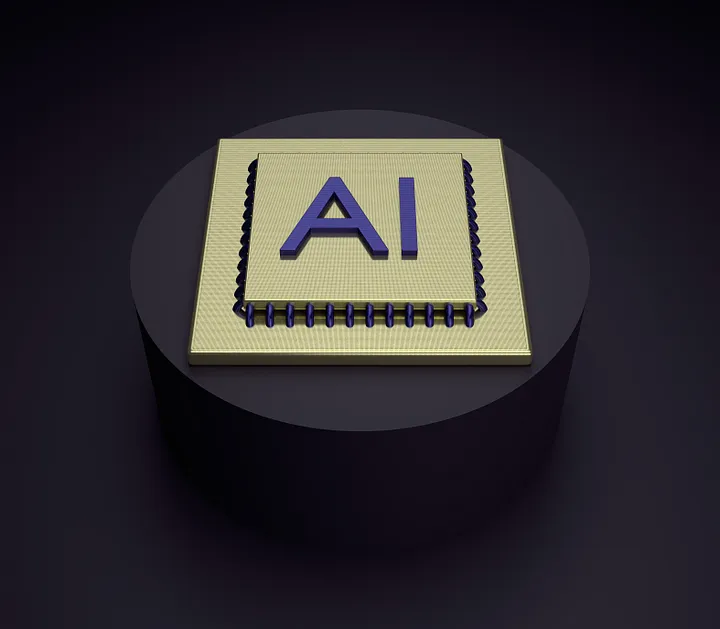Many companies have invested millions or even billions of dollars in self-driving car projects.
Google (Waymo), Tesla, Uber, Audi, and BMW are at the forefront of these projects. These companies have also been implicated in carrying out most tests involving self-driving cars.
Google’s Waymo features an intricate overhead laser system that helps guide the vehicle. This laser system works closely with specific data to make the guidance more accurate.
These rapid growths in the technology involved in self-driving cars mean that we are gradually entering the time when we will be able to take our naps or play our favorite games in our vehicles without touching the steering or any button with a finger.
Even though autonomous cars have many advantages, we would not be peaceful enough to dismiss their disadvantages because this would be a colossal disservice to humanity.
Pros Of Self-Driving Cars
Almost everything in this world has two sides, and everything has its own positive and negative perspectives. Here, I will first discuss the pros of self-driving cars.
Pro: They are relatively error-free
With the high-end technology behind the autonomous car’s system, the system’s efficiency is expected to be heightened.
With the help of this technology, the vehicle could calculate the distance of objects around the car accurately.
This also helps the car make precise split-second decisions.
These intelligent systems are significant ingredients in self-driving vehicles, making them more accurate in their calculations than the human driver.
Pro: Reduces the Problem of Congestion
Since driverless vehicles seldom cause accidents, they tend to decrease traffic problems.
Because these cars can communicate with themselves, they are smart enough to eliminate the necessity for traffic signals.
More coordinated driving means fewer traffic and congestion incidents.
Pro: Helps Eliminate Parking Problems
Driverless cars can help us solve problems that arise from parking issues. For instance, the self-driving vehicle can patiently circle a parking lot until a space contains it.
This is particularly helpful in areas that have a high population density. And the fact that these cars can help control traffic flow would also play a prominent role in controlling traffic congestion. This is especially helpful in the city and most urban centers.
Pro: Can Prompt Other Creative Design
Because these vehicles are sprouting up in numbers and are tech-driven cars, they have the potential to feature new designs. With no complex driving modules, driverless vehicles may offer many ways to stay entertained and relaxed.
It is also important to note that the innovations many driverless cars would feature are not limited to the car’s interior. So, don’t be surprised if you see a driverless car with a barroom or a living room! External innovative designs are also a possibility.
Pro: May Birth More Powerful Cars
Because self-driving cars don’t require a driver, technicians could potentially rearrange the various mechanical parts stored on the vehicle. With fewer driver errors, cars could eventually go to much higher speeds. This may also lead to vehicles with more capable and powerful engines.
Pro: Ensures Greener Wallet and Greener Environment
One significant upside of driverless cars is that they exclude fossil fuels, which pose a substantial risk to the environment.
Most, if not all, driverless cars use electricity instead, a more efficient source of energy. Electricity-driven cars are a relatively less costly power source and don’t pollute the environment.
The use of green energy would dramatically decrease the cost of shipping and transportation. Also, because of their increased efficiency, self-driving cars would use the optimal path without accelerating and braking excessively.
Pro: Could Have a Positive Effect on People with Disability
People with some form of disability who use the public transport system would be one group of people that would benefit so well from self-driving cars. With the ease of mobility and more freedom it offers, self-driving cars may be the answer to the prayers of people with disabilities.
Cons Of Self-Driving Cars
After knowing all the pros of self-driving cars, I’ll now tell you the cons.
Con: Self-driving Cars Are Expensive
Driverless cars are a pleasant sight to behold because of the large number of efficient tech they feature.
However, self-driving cars would naturally cost more with the cost of conventional cars in America pinned at $30,000 or more.
The older a technology indeed gets, the costlier it becomes, so it may take up to a decade after its release to our roads for its price to come down.
Con: The Technology May Malfunction
We are not picking on self-driving cars, but there is a possibility that the technology may malfunction along the way.
Although more developers of autonomous driving systems are boasting of their incredible technology, we cannot possibly rule out the fact that their system may experience a glitch at any point in time.
Updates in the basic programming of self-driving cars can, for example, initiate a collision with an object or even cause greater misfortune for the car owner.

Con: The Infrastructure for Licensing Self-driving Cars Are Not Yet In Place
Autonomous cars present a problem for federal and state licensing infrastructure. Self-driving companies assert that their vehicles are safe, but their assertion is not the ultimate because the public also has a role to play.
Also, all licensing companies that permit these types of cars must ensure they perform as expected.
We should be careful that our affection for these cars is not a risk to the general public.
Con: They May Impact the Economy Negatively
The progression from human-controlled cars to entirely driverless cars may present another difficulty.
For instance, during the Industrial Revolution, steam power ripped off the jobs of millions of people in the textile industry.
We are about to witness the same with the introduction of driverless cars in our society. Their inclusion on our roads may mean the loss of the jobs of most taxi drivers.
Also, self-driving vehicles would ensure that people who work at several parastatals that issue driver’s licenses would lose their jobs.
Because driverless cars on our roads could mean a lower accident rate, the jobs of many car mechanics and insurance companies would be shaken, leading to the loss of more than 4 million jobs in its wake.
Con: Could Eliminate The Pleasure of Driving
Many people derive immense satisfaction from steering in the company of their most treasured family members and friends.
When human-driven cars become a thing of the past, and driverless cars take over, the joyride many people experience may also go with automotive vehicles.
The premise of representing style and individuality when you win a car would also go away.
Con: Ethical and Legal Dilemmas
Even if we rule out all the technical questions about driverless cars, the question of morality and ethics will always linger. When a self-driving car is involved in an accident, who takes the blame?
The truth is that there is not yet any legal provision or infrastructure to help Carter with such a case.
Also, these cars may find themselves in a situation where they may be left with the option of who dies.
For instance, should a self-driving car crush a pregnant but careless pedestrian or kill him to preserve all of its passengers?
Con: They May Cause a Loss of Privacy
Although auto companies aggressively promote self-driving cars, they all assert that their cars only have benefits with no disadvantages.
Using these types of vehicles may mean that malicious hackers hijack your data.
While many auto companies would try their best to bridge their shortcomings, it is not a certainty that you’ll have complete data security with self-driving cars.
This is partly because your vehicle would communicate and receive signals from many data infrastructures. Also, your location could be known by hackers and people you don’t intend to.
Conclusion
Generally speaking, autonomous cars can breed a plausible new wave of technological advancement and improvement in many people’s lives.
These cars come with many advantages, like increased rest time and productivity, and they may even effectively reduce the risk of driving accidents.
This, no doubt, presents a level of benefit to us. However, autonomous cars’ pros and cons should also be stated clearly for all to see.
With self-driving systems, we may witness lower data security issues due to the activities of hackers.
All in all, self-driving cars offer a whole lot of benefits, and some of the benefits may look like the kind of tech we are more likely to see in a sci-fi movie scene. And, of course, we’ve also read about their disadvantages.
However, one thing is sure: Driverless cars would guide us into an explosive era we’ve never seen.
Books Recommendations
Artificial Intelligence Books You Should Read in 2024 — If You Are Curious
FAQ
What is a self-driving car?
A self-driving car, also known as autonomous or driverless, uses sensors, cameras, radar, and artificial intelligence (AI) to travel between destinations without a human driver.
It’s capable of driving 100% autonomously without a human.
Is Tesla a self-driving car?
Autopilot comes standard on every new Tesla purchase. For owners who took delivery of their vehicle without Autopilot, multiple packages are available for sale, depending on when your vehicle was built: Autopilot, Enhanced Autopilot, and Full Self-Driving Capability.
Full Self-Driving (FSD) capability can drive almost anywhere without the driver’s input.
Can you sleep in a self-driving car?
At the moment, every self-driving technology needs a human to be at attention and in control of the vehicle at all times. Even with Mercedes’ new Level 3 autonomous system, the technology is not enough to allow a driver to fall asleep. Is Waymo a self-driving car?
Is Waymo a self-driving car?
In the fall of 2015, Google provided “the world’s first fully driverless or autonomous ride on public roads.”
In December 2016, the project was renamed Waymo.
In October 2020, Waymo became the first company to offer service to the public without safety drivers in the vehicle. However, Waymo is still a Level 4 self-driving car company.
If you enjoy my stories and want to support me, consider ‘buying’ me a cup of coffee at Ko-fi.




